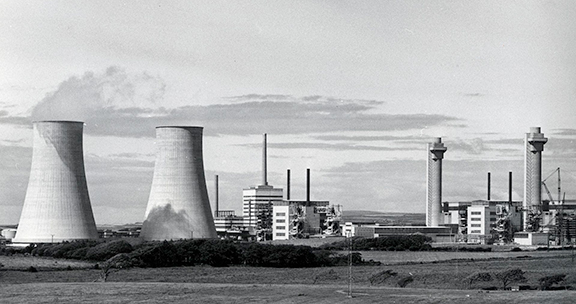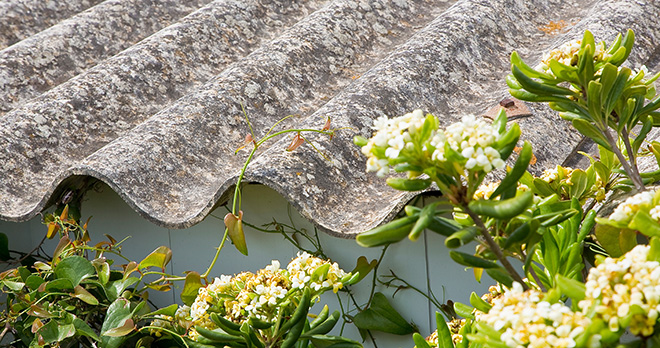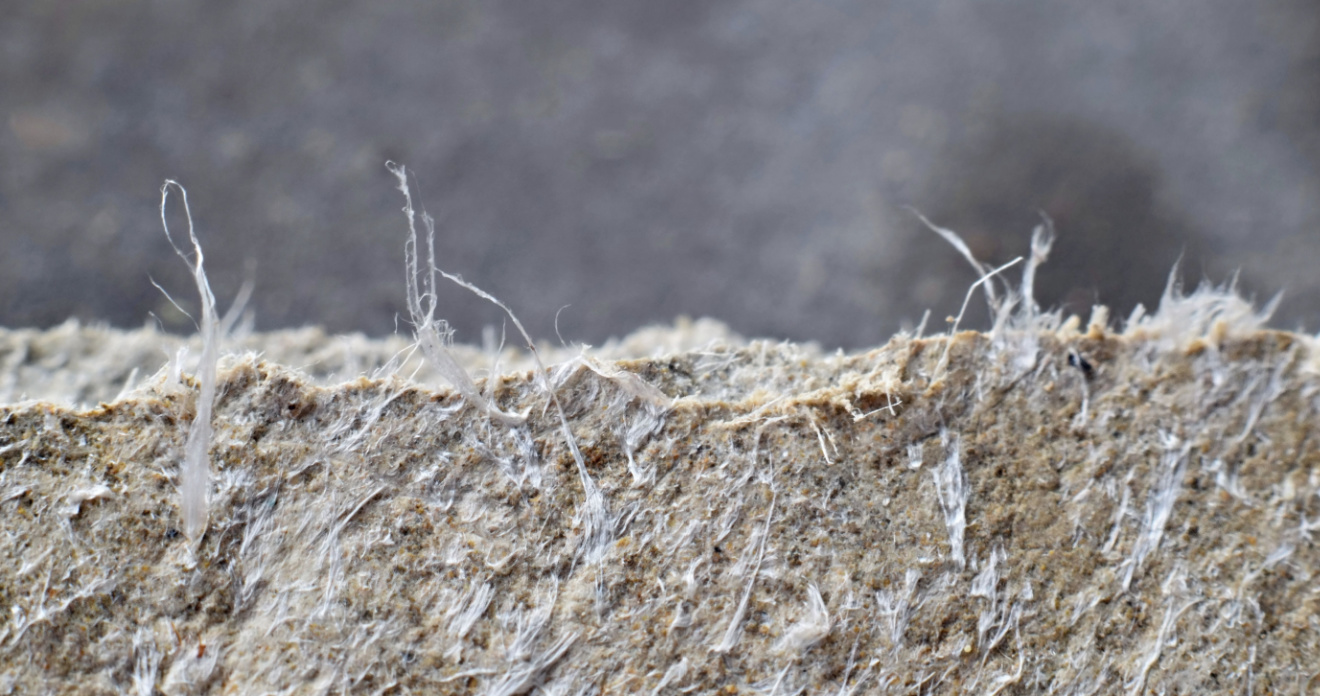“Dear Life, A Doctor’s Story of Love and Loss” By Rachel Clarke | A Book Review

Rachel Clarke, a palliative care doctor, discusses her journey to becoming a doctor and how certain events in her life have led to her becoming the doctor she is today. Clarke also talks about her family and her patients throughout the book, which means that we can really empathise and relate to her experiences.
Clarke talks about her patients' experiences of death and how some people perceive death as something to be feared, whilst for others death can be something of love and peace.
Before reading Clarke’s book, death wasn't something I had given much thought to; no one ever really does and I think that is what makes us fear it. Clarke explains the science behind death and what the person dying is feeling or what they will feel when the time eventually comes. As a doctor, she doesn’t just explain this to her patients, but also to their families. People might think that a doctor’s responsibility is just to take care of their patient, but Clarke makes it clear to the reader that her patients’ families are just as important and she will be there for them even after their loved ones have passed away.
One thing that really stood out for me is how much love and happiness can be around you when death approaches. I have always considered death as being quite a lonely event in life but, after reading this book, I have come to realise that so many things can be done to make the person dying happy.
Clarke talks about a gentleman who was dying and the one thing that he really wanted to do was be at his grandson’s birthday party. Clarke did everything she could to make sure that he was around for it. She also talks about a young couple who were due to get married and, rather than giving up on the idea of getting married, Clarke and her team did everything they could so that the couple could have their special day. Making someone happy does not have to involve some extravagant event, it can be something as simple as sitting them outside so that they can be with nature or giving them access to a window so they can see outside the hospital walls.
Another moment in the book that stood out for me was when Clarke was taking her exams to become a doctor and, as soon as she had finished them, she rushed to hospital to support her partner’s dying mother. Throughout the night she made sure that his mother was comfortable and at peace. She also spoke to her father (who was also a doctor) for guidance on how to help her partner’s mother when she wasn’t comfortable. A nurse witnessed how caring Clarke was throughout the night and said that she hoped that, when her time came, she has a doctor like Clarke looking after her. After reading this book, I could not agree more.
Clarke also gives the reader advice on what we can do to help prepare for our own death. At the end of the book, Clarke very helpfully lists some links that can help us prepare documents before we die, which can help our loved ones make those difficult decisions.
This is not a book that uses lots of scientific terminology to confuse the reader; this is a book that the reader can relate to; maybe not immediately, but at some point in their life.
The thought of death might be scary but with a doctor like Clarke by our side there is so much that we can learn about the courage and strength that we have as individuals and the love that we have for each other.
Contact our mesothelioma and asbestos claims specialists today.
Call now






